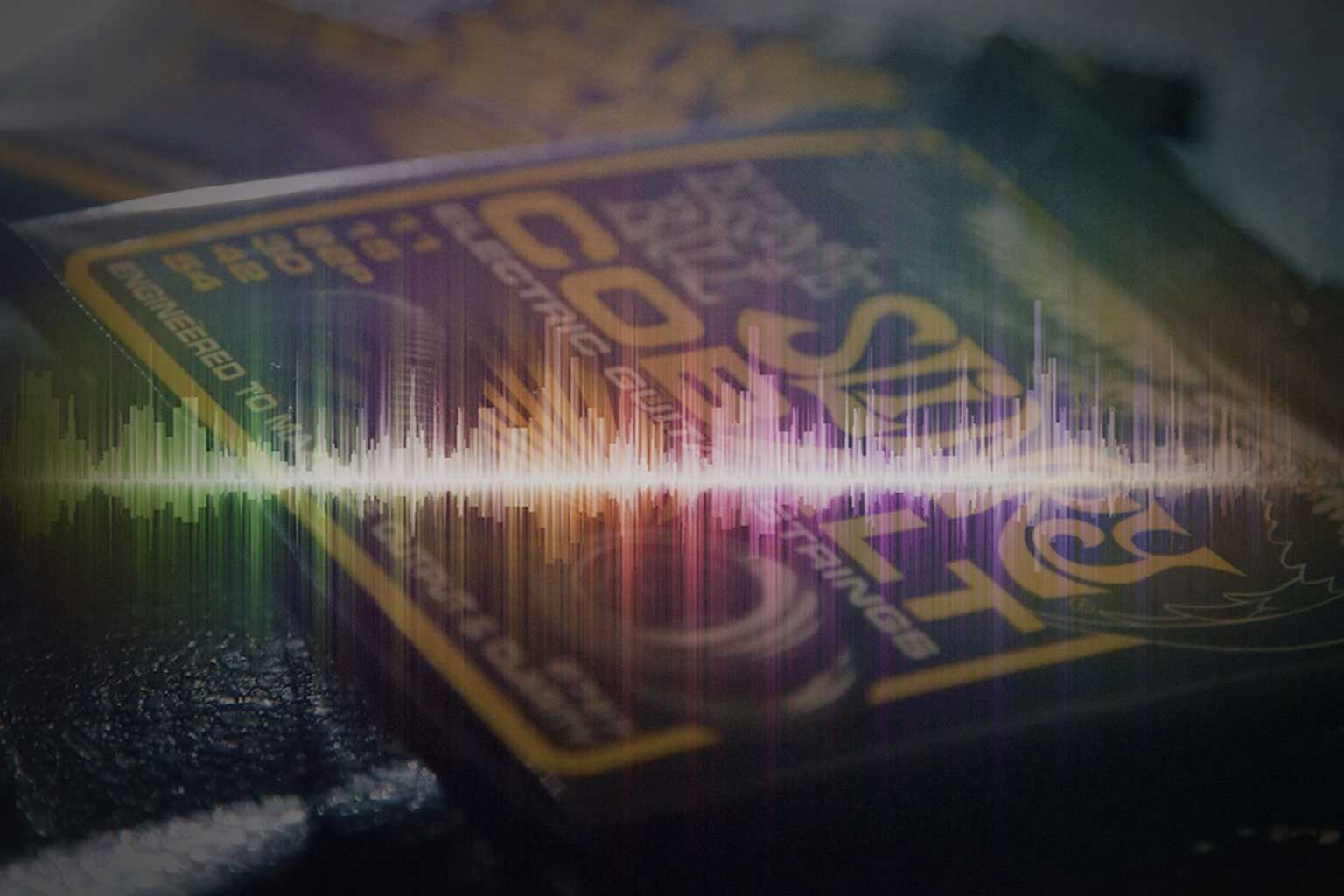-
 Canada (English)
Canada (English)


Mike Herrera:
Music to me is obviously everything I've been doing my whole adult life. It's in everything. It's always there. It's something that we kind of get used to and we take for granted in a lot of ways, but if it's not there, you notice.
Mike Herrera:
I started hanging out with this kid and he was listening to The Ramones and Social Distortion. I didn't play an instrument, but I wanted to be part of this. And then I met a local band and I would watch them practice, and they just sounded amazing. It was like Bad Religion, you know, just really fast, aggressive music. It said a lot of the things that I was feeling.
Mike Herrera:
Seeing it live for the first time, not in an arena. Not in a huge rock club or theater, but in a basement where there's just me and another dude watching, watching this band play. That just started it all for me.
Mike Herrera:
I was listening to The Police. Sting really, I thought that was interesting how he sang and played. And they could make all this noise as a three piece. And that sort of like made me go bass guitar, that's my instrument.
Mike Herrera:
I put my first bass, Ernie Ball StingRay, on layaway. I got that bass and right along with it I got that green pack, regular Slinkys, 105 through 50 gauge, and I've never changed, literally never changed.
Mike Herrera:
Nowadays when I play bass it's the most fun I have recording. It's like, oh this is the free fall of my day. This is like when you get up the roller coaster and woo. It's a challenge sometimes to like come up with a riff and then actually nail it, and then keep nailing it. I love that part of writing bass lines along with the chord structures.
Mike Herrera:
Well a lot of times I write songs and it's a chord structure, a vocal, a melody, and then I'll add the bass later. The cool thing is as a bass player and the writer, I can continue to like add a lot of texture, a lot of depth to the song. The bass line for me is almost like you would use as an overdub riff part. As a bass player, I can just kind of get in there and really play with things and do harmonies. And then sometimes you just hit the root note and call it a day.
Mike Herrera:
When I'm writing songs, I pick up a guitar. I instinctually just go with an acoustic.
Mike Herrera:
So when I'm in the studio up in Bremerton, Washington where I live-
Mike Herrera:
-it's cool because I'm not just doing my own stuff. Artists come in and they're making a record or an EP-
Mike Herrera:
-or a couple songs, and a lot of times I actually get the chance to just sit in and play bass for them.
Mike Herrera:
So it really gets me out there. Not just doing like straight punk stuff, not just doing rock.
Mike Herrera:
I do folk and country, and it's the best.
Mike Herrera:
You know now that we have modern technology and everybody can sort of like throw ideas back and forth across space and time-
Mike Herrera:
-it's really expanded my horizons as far as like the types of sounds and bass lines to do.
Mike Herrera:
My friends, they know when I'm busy. When I'm not posting anything online for days, they know I'm probably playing music. When you can have your head down into a project that you care so much about-
Mike Herrera:
-that you just, you don't want to stop, you don't want to look at your phone. That's what keeps me going.
Mike Herrera:
You know, a week in the studio where you're just going, that's what I love. It could be something that never even sees the light of day.
Mike Herrera:
That's not my issue. It's just about doing exciting, fun things.
Mike Herrera:
Whether it's listening to music, playing music-
Mike Herrera:
-everything I do; music, my job, hobby, my friends, my family. Yeah, everything.